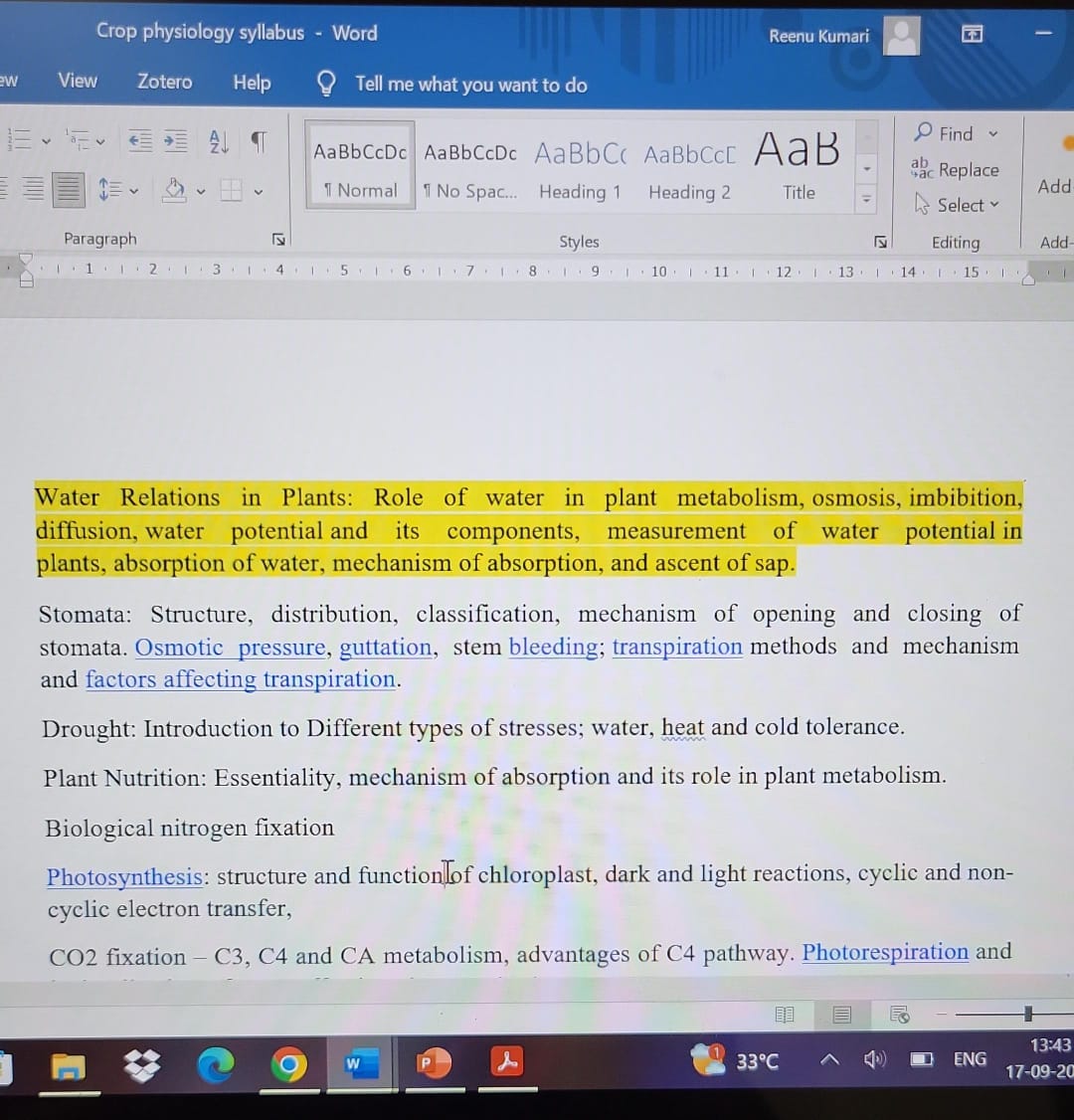What are the roles of water in plant metabolism, osmosis, and the mechanisms of absorption?

Understand the Problem
The question addresses various aspects of water relations in plants, including metabolism, osmosis, and absorption. It aims to summarize the role of water in these processes and the related methods of measurement.
Answer
Water is vital for photosynthesis, nutrient transport, and support. Osmosis drives water absorption in roots and movement within plants.
Water is crucial in plant metabolism by aiding in photosynthesis, nutrient transport, and structural support. Osmosis drives water absorption and movement between cells. Water absorption occurs via roots, primarily through osmotic forces, enabling water ascent through the xylem.
Answer for screen readers
Water is crucial in plant metabolism by aiding in photosynthesis, nutrient transport, and structural support. Osmosis drives water absorption and movement between cells. Water absorption occurs via roots, primarily through osmotic forces, enabling water ascent through the xylem.
More Information
Water's role spans facilitating photosynthesis, nutrient delivery, and providing necessary turgor pressure for plant rigidity. Osmotic absorption in roots enables water to travel through xylem vessels, ensuring hydration throughout plant tissues.
Tips
Common mistakes in understanding water roles in plants include conflating osmosis with diffusion, and underestimating the importance of water potential in water movement.
Sources
AI-generated content may contain errors. Please verify critical information